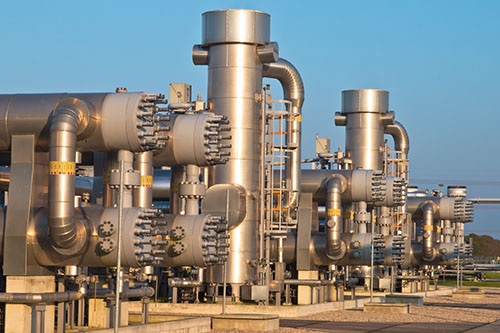
Natural gas is truly one of the most affordable forms of energy available to residential customers, and it also has numerous uses. The most common uses for natural gas in the home are heating and cooking. Cooking with a natural gas stove or oven can offer many benefits, such as easy temperature control, self-cleaning, and self-igniting.
Additionally, natural gas can be used to cool houses via natural gas powered air conditioning. Despite the fact that natural gas air conditioners are more expensive than electric units, they are more efficient and call for less maintenance. Other common natural gas appliances are space heaters, clothes dryers, pool heaters, fireplaces, barbecue grills, and outdoor lights. These appliances offer a safe and affordable substitute for electricity and other fuel sources.
Natural gas has an abundance of industrial uses, such as providing ingredients for products like plastic, compost, anti-freeze, and fabrics. Industry is one of the largest consumers of natural gas in the United States. Natural gas is used mainly in the metal, chemical, refining, stone, glass, and food processing industries.
Natural gas can also be used as an alternative fuel for automobiles, buses, trucks, and other vehicles. Although natural gas vehicles cost more than gasoline-powered vehicles, they are cheaper to refuel and are the cleanest-running vehicles known to man.
The energy from natural gas is also used to produce electricity. Instead of burning natural gas for energy, fuel cells produce electricity with an electrochemical reaction. This reaction generates water, heat, and electricity without any by-products or emissions. Scientists are still investigating this process in order to cost-effectively apply it to electric products.
As technology advances, the uses of natural gas will grow tremendously, creating a future that will keep us powered up, warm and well-fed.